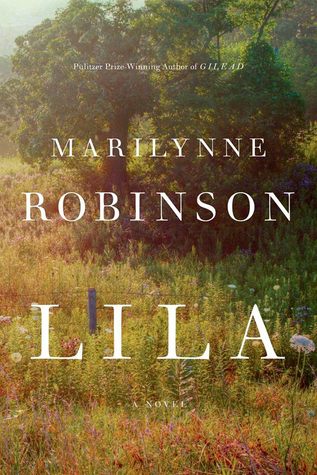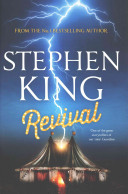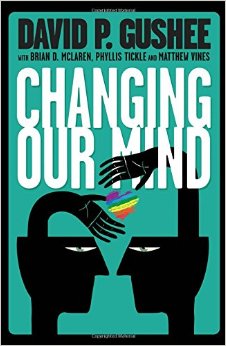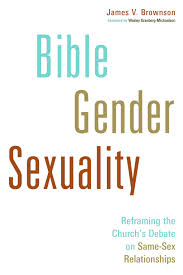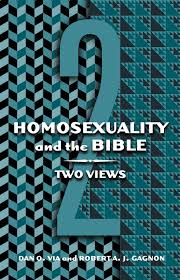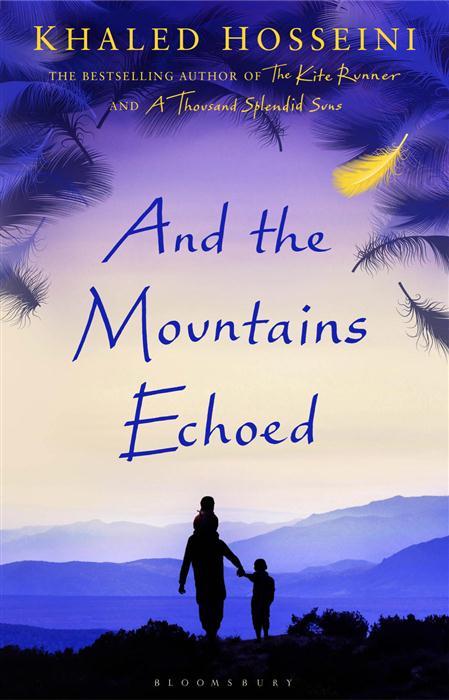The years 1959-1964 were a unique time in Perth history as they marked the Eric Edgar Cooke years – the period during which the city’s first serial killer was making his mark. If you want to read an intriguing account of this time then Robert Drewe’s Shark Net is well worth the time.
Drewe recounts living in close proximity to Cooke and observing him as he worked at his father’s Dunlop factory. He devotes a whole chapter to the 1959 Billy Graham crusade in Perth and his insights are valuable. An aspect of this story that has always left me both curious and chilled was his account of Graham’s evangelistic altar call:
He kept quietly urging and beckoning us to join him. It was hypnotic. It was contagious. The people getting up from their seats didn’t look like religious maniacs. The looked like your average movie audience on a Saturday night. I recognised neighbours and a contingent of boys from Wesley College whom I’d played sports against. I saw my friend John Sturkey. I saw the chemist’s wife and my old maths teacher. Two rows along I saw Eric, the Dunlop delivery driver, sitting by a sign saying ‘South Perth Methodists’. People stood up all along the rows or chairs and people began sliding down from the roofs of the cattle, horse and pig pavilions. The chemist’s wife stood up. Eric stood up and joined Billy Graham. People were having conversions all around me. p.174
Aside from it being a beautifully crafted piece of writing, it is an account that raises some enormous questions.
So Eric Cooke became a Christian at the 1959 Billy Graham crusade… shortly before he went on his 5 year rampage of 22 violent crimes and 8 murders?… What exactly happened there?
Eric Cooke hanged in Fremantle prison on October 26th 1964, the last man to die by capital punishment in Western Australia. Will we see Cooke in the next life?
I’ve been pondering questions of conversion and this is one that has stuck in my craw since reading Shark Net back in the mid 2000’s. Perhaps the broken, messed up person that was Eric Cooke did have an encounter with the grace of God that could never be undone, no matter his crimes. Or maybe Cooke was just another casualty of an evangelistic methodology that sought to herd ‘souls’ like cattle rather than disciple real people into the kingdom of God.
More ‘conversion’ reflections to come after I’ve done some teaching on this issue tomorrow.
And here’s a link to the trailer for the TV mini series that was made from the book.

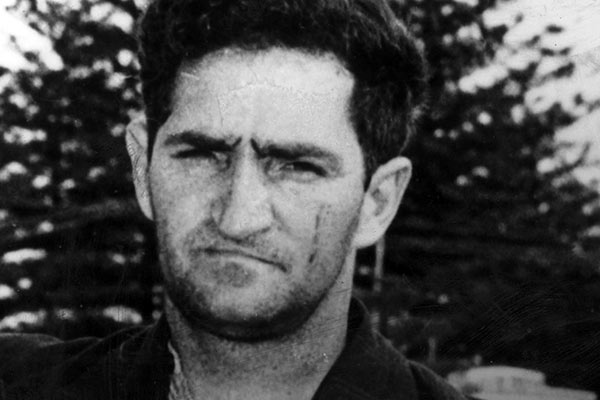

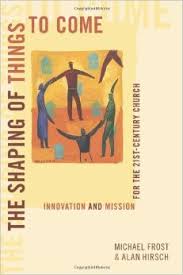

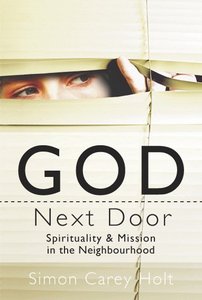

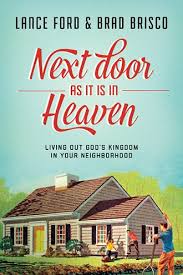
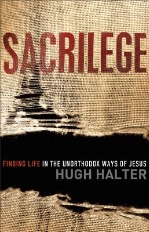



 While seeking something new and enjoyable to read for the time out at Kurrajong I was wandering thru the Exmouth news agency where there is quite an eclectic selection of books. In the biography section I noticed
While seeking something new and enjoyable to read for the time out at Kurrajong I was wandering thru the Exmouth news agency where there is quite an eclectic selection of books. In the biography section I noticed 